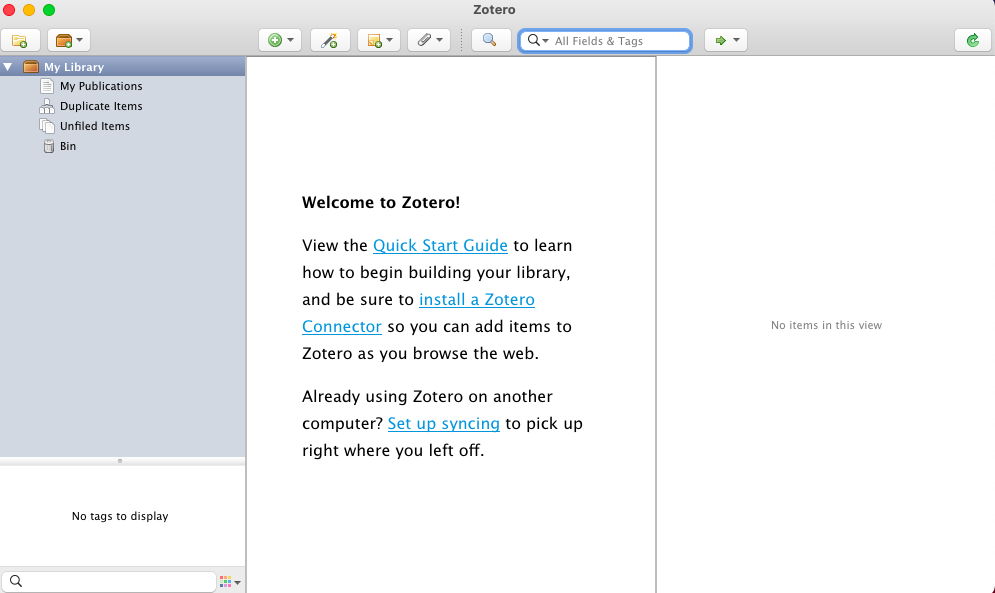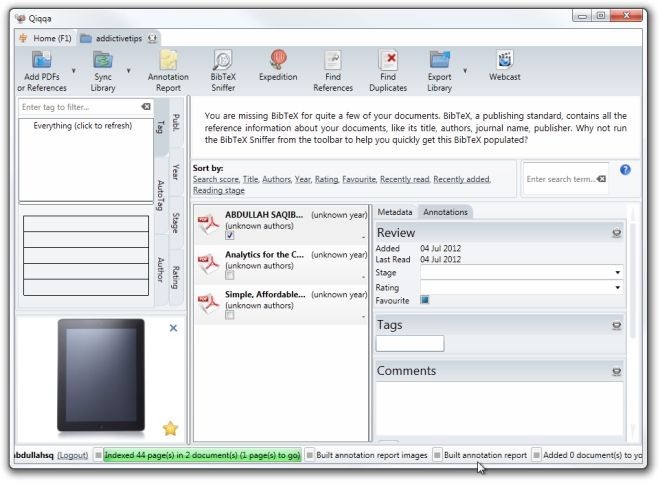
It is no longer necessary to take the detour via a text editor to save CSL styles.

This thread explains the logic behind that in more detail. Unfortunately, other styles, in particular the Citing Medicine guide do not capitalize after colons, so that we will roll back that part in the next release. Now the first letter after colon, question mark, and exclamation mark are capitalized, in line with the APA’s requirements for sentence case in titles. The new Zotero version contains various improvements of this feature, including better handling of beginning punctuation (like quotation marks or the Spanish ¡ and ¿) as well as capitalization after punctuation within the title. Right-clicking on an item’s title, allows you to convert that title to sentence case. Zotero recommends storing titles in sentence case.
#BEST ANNOTATION SOFTWARE FOR ZOTERO PDF#
Now, with the links functioning, you can click on an annotation and have the PDF open on the right page. Since version 3.1, Zotfile also includes a link to the page containing the annotation with every annotation.

It has always been possible to add links in Zotero notes, however, until now you couldn’t actually follow them. The speed of this has now improved dramatically: “War an Peace in 1.5secs” as Dan Stillman puts it. In the past this was slow and adding several 100 page PDFs could freeze Zotero/Firefox for minutes.
#BEST ANNOTATION SOFTWARE FOR ZOTERO FULL#
For that purpose, Zotero indexes the full text of those attachments. Zotero doesn’t just let you search through your items’ metadata, but also through the full text of your attachments as long as they are in plain text, html, or PDF format. In almost all cases the URL-bar icon is your tool of choice.

So retrieve all you want! However, the second issue is still relevant, so once you have Zotero up and running, you should use the function sparingly for adding new items. Lock-outs are now rarer, and where they happen, users get prompted with the captcha google scholar uses to identify human users.

The new Zotero version mostly solves the first of these. While it has gotten dramatically better over time, it still doesn’t include DOIs, abstracts, and has gaps and errors at times. The data coming from google scholar is not the best.The search relies principally on google scholar and users would frequently get locked out as suspected robots after retrieving data for more than 20–25 items, making the feature almost unusable to import large collections of PDFs.Better Metadata from PDFsĮspecially for new users of Zotero, the Retrieve Metadata function can be crucial: It allows you to simply drag&drop a couple of PDFs into Zotero and then with a simple right-click add find their metadata online. There are three major improvements, as well as a couple of minor ones. These changes aren’t obvious at first sight, but are a major improvement. Zotero just released version 4.0.18 and 4.0.19, with some major, mainly under the hood improvements.


 0 kommentar(er)
0 kommentar(er)
